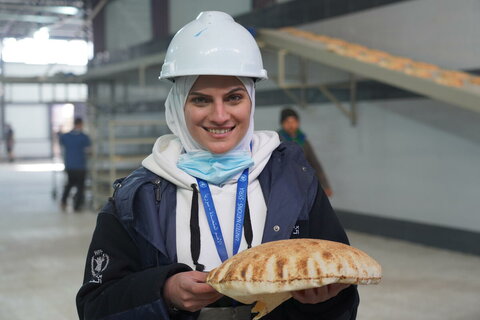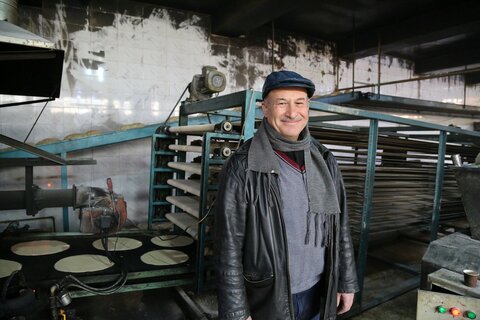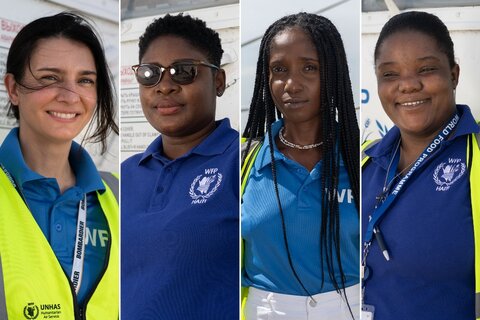WFP in Armenia strengthens national food security by building food value chains that can improve the quantity and quality of nutritious products and promote them to the local market. The food value chain projects implemented by WFP are supporting the national food production, creating income generating job opportunities and simply contribute to economic growth of the country.
Armenia: Solar power from WFP fires up trade for women bakers
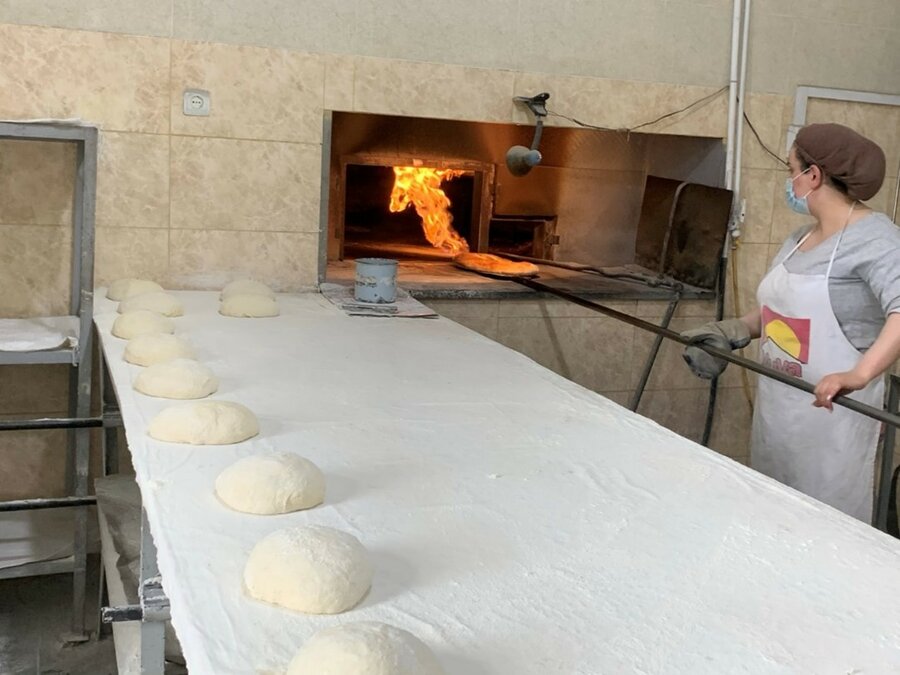
Although it is difficult for women in rural areas in Armenia to start and run their own businesses, a 62-year-old woman in a small village sets an example for many women looking for new horizons, thanks to World Food Programme support in renovating her bakery.
Greta Barseghyan, an owner of a bakery in Tavush region of Armenia, established her business around 15 years ago in a small village named Koghb.
For Greta, baking has always been a passion. Even though she holds a university degree in economics, she enjoys baking more and cannot imagine herself anywhere else. When she worked as an economist, she used to bake and decorate cakes in her free time and sell them to the neighbours. She discovered her path and turned her side hobby into a small business with time.
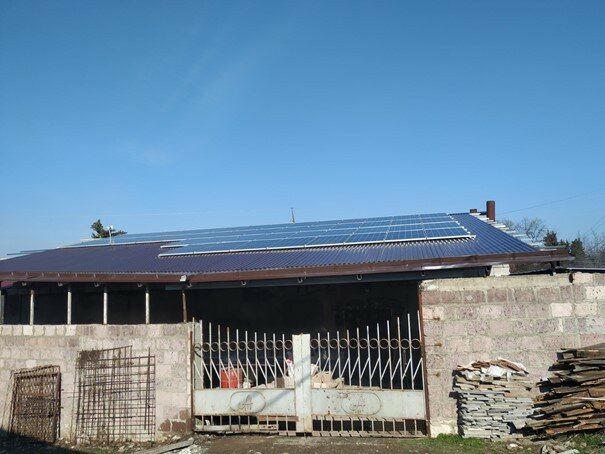
“When I first started, I opened a very small bakery where we used to bake bread. With time, my business transformed into something else, now we do cakes and pastry as well,” says Greta, adding that the bakery has around 20 employees, the majority of whom are women.
As an owner of a small business, Greta faced a lot of difficulties and challenges throughout the years. She remembers that when she first found the bakery, they had major issues in terms of the water supply and the overall conditions of the building.
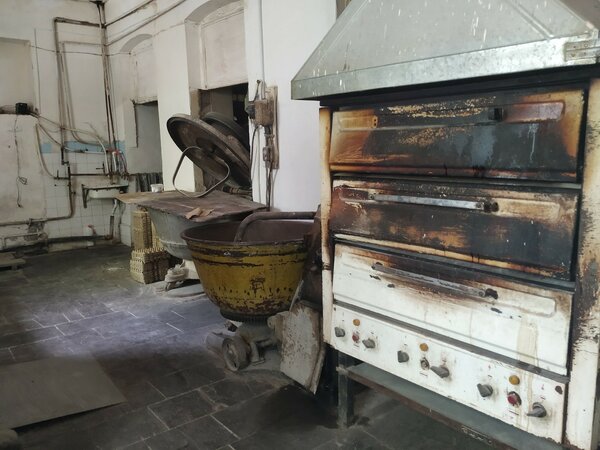
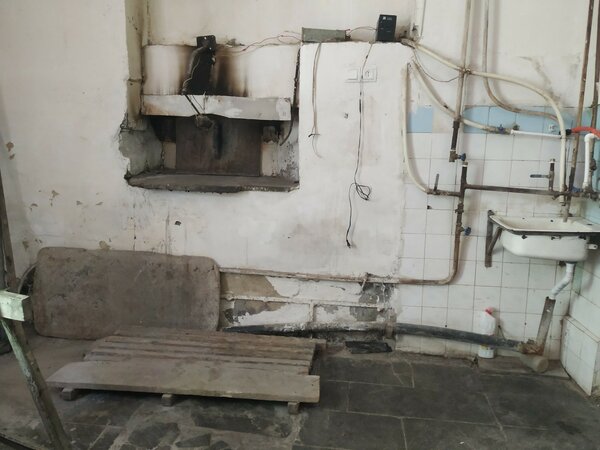
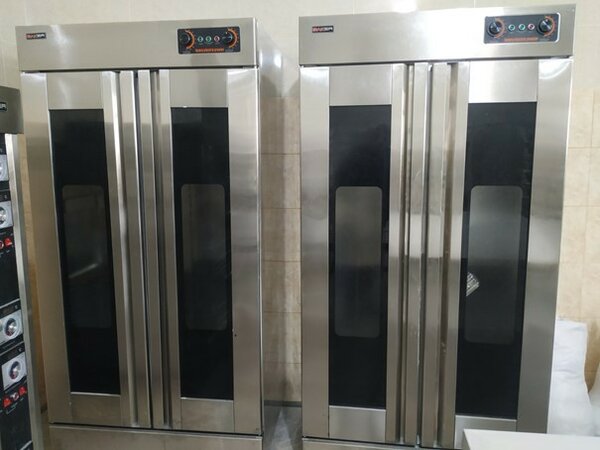
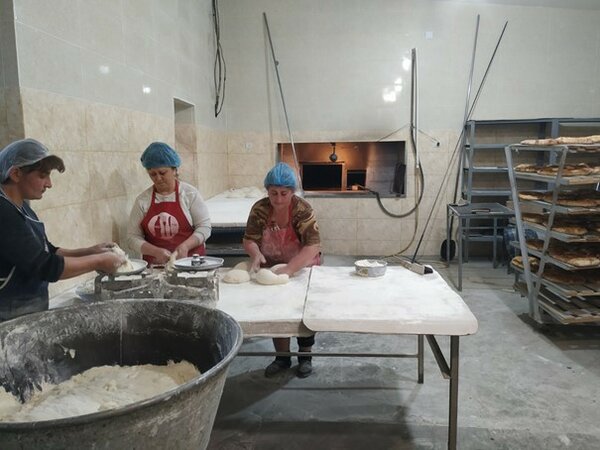
“We had to bring water in buckets from the nearest military unit as we had a huge water shortage. The building had terrible conditions as well. These were tough times, but together with my team, we overcame all the challenges.”
Since people in rural areas are more socially vulnerable and have low income, one of the main challenges for entrepreneurs to run a successful business is to make sufficient sales to keep the business growing and ensure its profitability.
“In our village, people do not have enough purchasing power and due to low sales, we couldn’t make savings and renovate our kitchen or purchase new equipment,” says Greta.
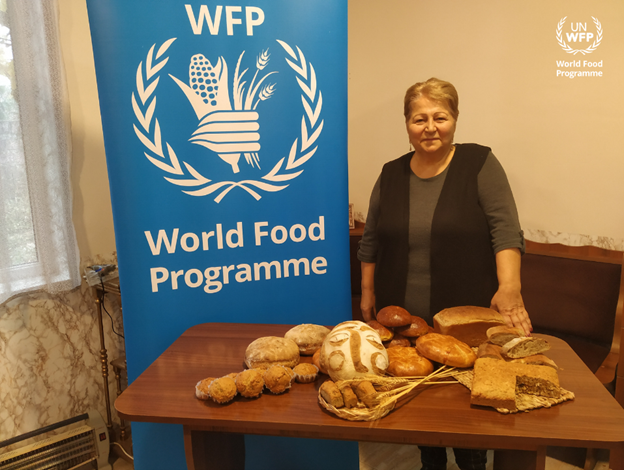
Thanks to WFP’s support, now they have a newly renovated area where the bakers are more excited to work. Besides, renovating the bakery and providing solar panels that allow the bakery to make significant savings. WFP supported Greta’s bakery to produce wholegrain bread and bakery products and helped to link them to market while providing necessary knowledge and skills through training sessions.
“Before the renovation, the conditions in our bakery were extremely poor. Our floors were just covered with linoleum, the walls were falling apart, and the equipment was very old and barely operating,” says Greta.
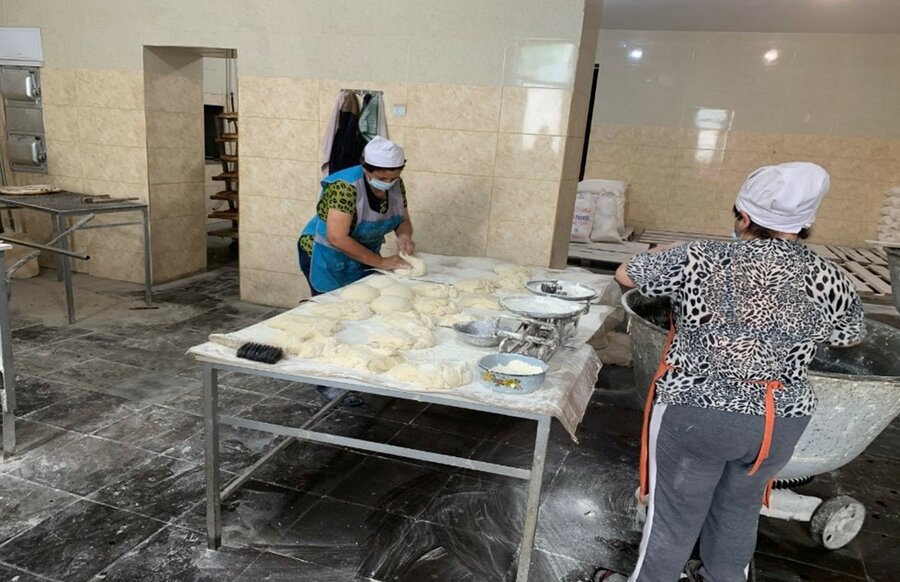
“People know us, they know where we are and who we are, and that’s our biggest achievement. We do not distribute our cakes to other stores. People come here to specifically buy the products from us, and I think that’s our biggest blessing,” says Greta.
When describing plans, the small business owner has many in mind, however, the biggest goal for her is to hire more people as currently the women working in the bakery barely manage to finish all the orders. “I want to hire more women as it is a necessity at the moment. Apart from that, we are looking to expand the business, and maybe open up a design studio, which will produce packaging materials for the cakes, wedding decorations, and other stuff,” emphasizes Greta.
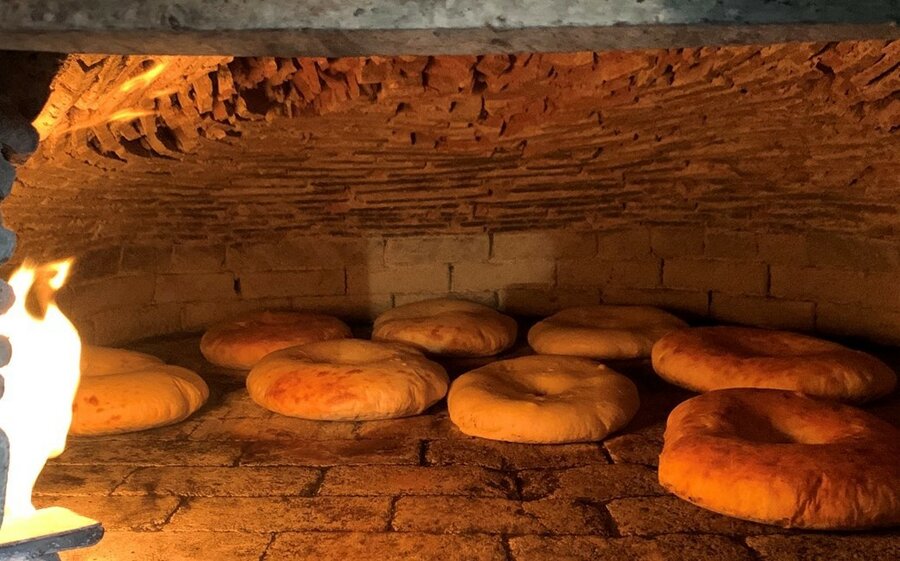
“There is always something to do, there is always work that you can do. You only need to have a will and dedication to succeed in something. If something goes wrong, you should not focus on the negative rather change your mindset to positive sides and opportunities. It is important to keep pushing forward and never give up,” she says
“There is always something to do, there is always work that you can do. You only need to have a will and dedication to succeed in something. If something goes wrong, you should not focus on the negative rather change your mindset to positive sides and opportunities. It is important to keep pushing forward and never give up,” says Greta.
Self-raising power in Syria: The WFP engineer helping to restore bakeries
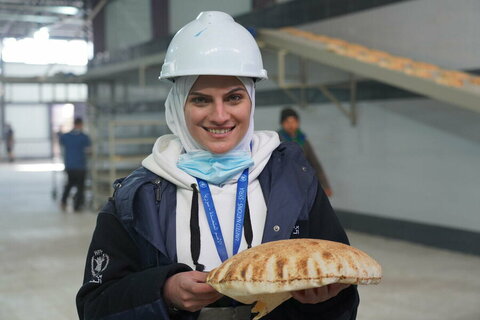
Greta is a participant in a women’s economic empowerment project. To support Greta’s bakery to reduce production costs, WFP provided her with a 20kw solar power station, which enables her to save approximately 30 per cent of the production costs through reduced spending on electricity. The bakery received construction materials to improve the sanitary conditions of the bakery.
Training organized by WFP helped the bakers improve their skills in bread baking and promote whole grain bread and bakery products to the local market.

